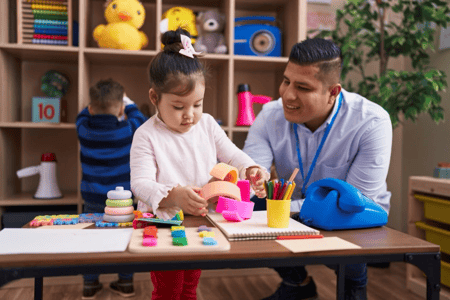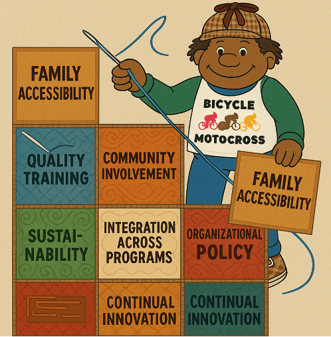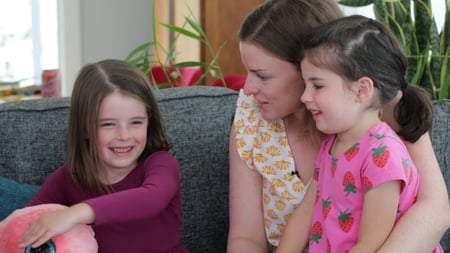How the Well-Baby Program Supports Healthy Child Development

Check out our blog for social-emotional learning articles, news, and more!
White, C. (2018) "Building Sustainable Parent Interventions in Early Years." In Faulconbridge, J., Hunt, K. and Laffan, A. (Eds.) Improving The Psychological Wellbeing Of Children and Young People pp. 71-92. London: Jessica Kingsley Publishers.
Abstract
The evidence for investing in early intervention in the early years of a child’s life is overwhelming. There is a large body of research evidence showing that environmental influences from conception to three years of age impact significantly on a child’s academic, language, social and emotional development. Poor early life experiences can permanently impair the healthy growth of very young children’s brains; whilst positive experiences can have the opposite effect, promoting healthy brain development. The central tenet of early intervention is that by preventing problems arising in the first place, and/or remedying problems as early as possible, families can be supported to help their children develop to their full potential. There is long standing research evidence that parent interventions can be highly effective in the prevention and treatment of emotional and behavioural difficulties in young children (Brestan and Eyberg 1998; Gardner et al. 2015).
Alongside the scientific case to be made for early intervention and the significant potential to improve outcomes for children, economists and politicians are increasingly recognising the financial case for early intervention (Allen 2011a). There are effective, evidence based interventions suitable for preschool children and their families which not only provide good outcomes but also have positive cost-benefit analyses. Investing funds in these interventions saves on wider public expenditure. It is therefore interesting that so few services implement these interventions robustly enough to have major impact on improving the psychological outcomes for children (Timimi 2015; Wolpert et al. 2017) and reducing the financial burden on the public purse (Scott et al. 2001).
In this chapter, a model for successful delivery, and sustainable implementation, of effective evidence based interventions, in the early years, will be discussed. This will include exploration of the role of national and local policy, of front line and strategic managers, training and supervision of staff, cultural beliefs and values; in addition, the barriers and obstacles commissioners, managers and workers face will be discussed.





